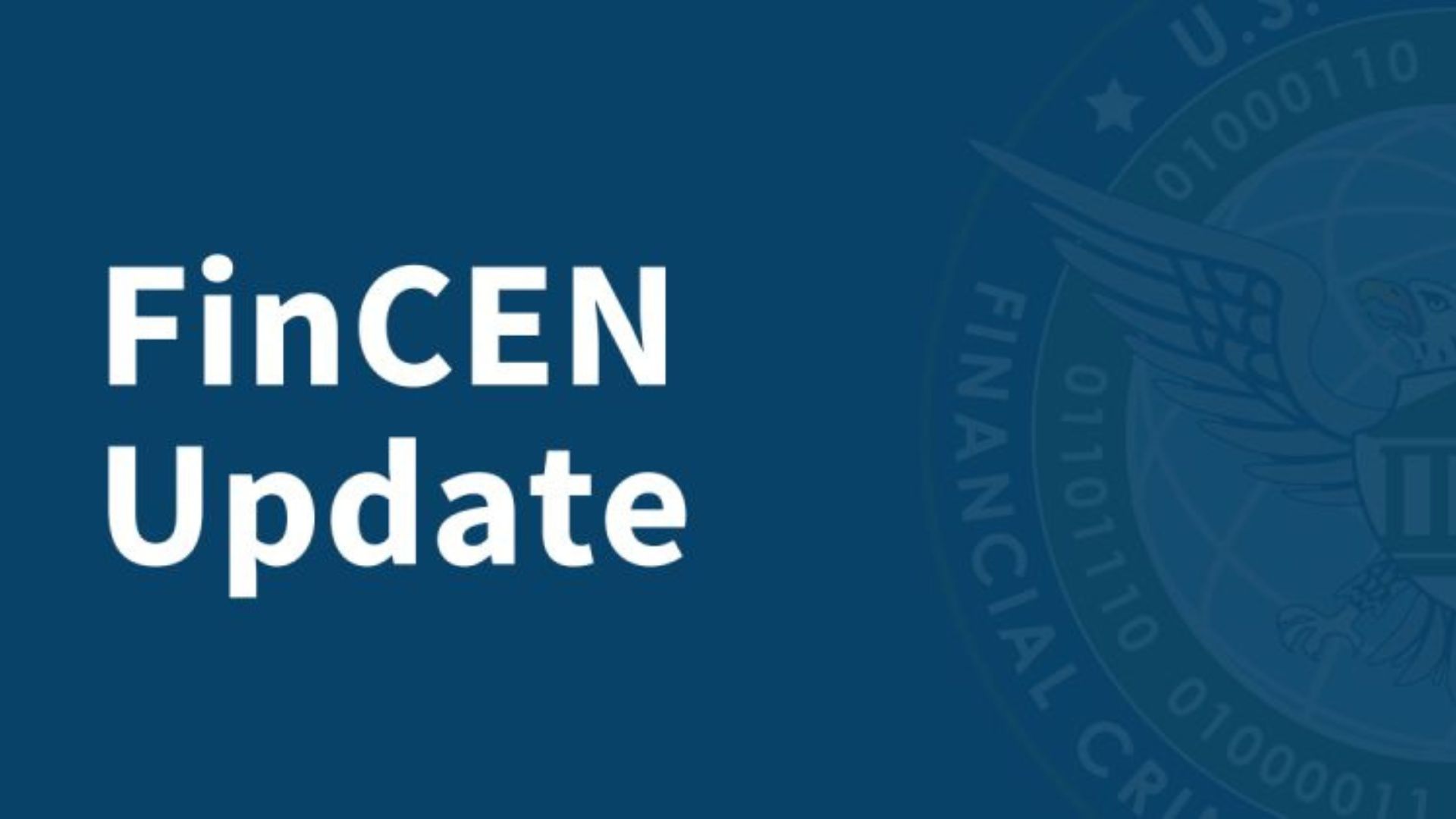Bitcoin Privacy Battle Heats Up in 2024

Bitcoin Privacy Battle Heats Up in 2024. The fight for Bitcoin privacy is heating up as more than 25 Bitcoin companies respond to the Financial Crimes Enforcement Network’s new proposed laws targeting cryptocurrency mixers. These regulations would require cryptocurrency exchanges and platforms to report transactions via mixer services, which combine diverse cryptocurrencies to hide their source and destination, thus improving user privacy. We examine the pros and cons of the discussion.
Bitcoin Firms Say New Rules Impose Onerous Regulatory Burden
The US Treasury’s Financial Crimes Enforcement Network (FinCEN) has suggested new restrictions for cryptocurrency mixers and user privacy, raising worries among at least 25 Bitcoin-related organizations. FinCEN’s objective, established in 1990, is to protect the financial system from unlawful use, prevent money laundering, and enhance US national security through economic intelligence gathering, analysis, dissemination, and strategic use of financial powers.
FinCEN collects and analyzes financial transaction data to combat domestic and international money laundering, terrorism financing, and other financial crimes. It is integral to the United States government’s attempt to combat these crimes, collaborating closely with law enforcement, financial institutions, and other regulatory authorities.

Several prominent digital asset firms, including Coinbase, Swan Bitcoin, Samourai Wallet, Ten31, the Blockchain Association, and America’s Credit Unions, have expressed concerns about the proposed new rules’ broad scope. Bitcoin Privacy Battle: Critics believe that complying with the newly imposed regulatory requirements will result in significant cost increases. Concerns have also been raised about the hazards that users face when legitimate, law-abiding transactions are criminalized for an act that affords a level of privacy comparable to transactions in traditional finance.
FinCEN extended the comment period for proposed rules to January 22nd, 2024, prompting opposition to the order to submit responses by the deadline. The proposed FinCEN crackdown on crypto mixing coincides with releasing a public beta version of privacy-enhancing BTC to XMR atomic swaps by Bitcoin’s Samourai wallet and Monero’s Mysu wallet. This allows for trustless and private P2P trading between crypto communities, addressing the “toxic change” caused by Samourai’s Whirpool Chaumian conjoin mixer.
The proposed FinCEN guidelines have provoked heated debate and resistance from the Bitcoin and larger cryptocurrency communities. The scenario highlights the persistent tension between regulatory attempts to prevent illegal financial activity and protecting privacy and innovation in the fast-evolving digital asset field.
What Do the New Rules Propose?
The US Department of the Treasury’s FinCEN issued a Notice of Proposed Rule Making (NPRM) in October 2023, which is an essential regulatory move aimed at the usage of Convertible Virtual Currency Mixing. This move is part of the Treasury’s broader efforts to combat illicit financial operations, such as money laundering, which are assisted by the anonymity provided by specific crypto technology. The NPRM cites international CVC mixing as an essential money laundering concern category, emphasizing the Treasury’s commitment to strengthening transparency and oversight in this sector.
FinCEN’s NPRM emphasizes the concerns associated with the widespread use of CVC mixing services by various criminal entities worldwide. The issue is that such services as bitcoin mixers and tumblers allow crypto money’s origins and destinations to be obscured. While these services can have valid privacy purposes, they can also be exploited for money laundering, tax evasion, and funding terrorist organizations, including state-affiliated cyber actors.
The proposed regulation requires financial institutions to provide complete information on all transactions transmitted to or received from a mixer service in response to these concerns. This change is designed to improve regulatory and law enforcement agencies’ monitoring and tracking capabilities, enabling more effective detection and response to illicit financial movements.
However, the concept has been opposed by many members of the Bitcoin and broader crypto communities. Entities such as Coinbase have voiced worry that the NPRM’s general criteria would impose an undue compliance burden on regulated institutions without necessarily providing actionable data for law enforcement. They suggest this could result in a flood of reports on non-suspicious transactions, producing a ‘data dump’ that may obfuscate rather than highlight illegal operations.
Samourai Wallet initiated a collaborative effort supported by Ten31 and other unaffiliated Bitcoin companies, resulting in a flurry of formal submissions to FinCEN. Bitcoin Privacy Battle: Samourai’s proposal, authored by legal experts including Rafael Yakobi, argues against the proposed rules’ perceived overreach, warning that they could violate financial privacy while failing to effectively combat money laundering or other criminal uses of digital currencies.
The debate over FinCEN’s NPRM highlights a more significant issue in digital currency regulation: balancing avoiding criminal use and retaining the legitimate privacy and innovation these technologies provide. The NPRM, as it stands, might be a watershed event in the ongoing battle to regulate the changing landscape of digital banking and its confluence with international security and law enforcement concerns.
Why FinCEN’s New Rules Are Being Challenged

FinCEN’s proposed guidelines on Convertible Virtual Currency Mixing (CVC) have severe repercussions for the cryptocurrency industry. The proposed guidelines would force cryptocurrency exchanges and platforms to notify transactions utilizing mixers. This would entail creating and maintaining sophisticated tracking and reporting systems, potentially significantly raising operational expenses for these organizations.
The crypto community emphasizes privacy, and mixers are frequently used to ensure a basic level of financial anonymity, equivalent to privacy precautions currently in place in traditional economic systems. The new restrictions may be interpreted as an infringement on personal privacy because they would effectively force reporting on transactions that users desire to keep confidential.
By imposing rigorous limitations on mixer transactions, the new laws may hinder the development of new privacy-focused technology in the cryptocurrency market and beyond. Innovators and developers may be discouraged from working on initiatives that could be subject to these rules. The necessity to report all transactions using mixers, rather than those that appear suspect, might result in an overwhelming volume of data for regulatory organizations to sort through. This may make it more challenging to detect indeed unlawful actions.
Financial institutions concerned about the difficulties and hazards associated with the new legislation may avoid engaging with cryptocurrency transactions entirely. This could result in de-risking, making services less accessible to legal crypto users and businesses. While mixers can be used for illegal purposes, they also serve to preserve user privacy. The new laws do not distinguish between authorized and illicit use, possibly affecting users who utilize these services for legitimate reasons.
Given the global nature of cryptocurrencies, these regulations may have far-reaching consequences outside the United States. International crypto enterprises may be required to follow specific rules to operate within or in contact with clients in the United States, which could impact global operations. The backlash from the cryptocurrency business, including official answers and prospective legal challenges, could result in a prolonged period of uncertainty and tension between regulators and the industry.
Increased regulatory costs may make the United States a less appealing market for cryptocurrency enterprises, potentially leading to a transfer of talent and innovation to more crypto-friendly jurisdictions. Bitcoin Privacy Battle: The broad scope of the proposed rules has the potential to cause a prolonged period of confusion and uncertainty regarding compliance requirements, stifling corporate operations and innovation in the industry. Some claim that AML and KYC requirements are ineffectual and have unforeseen negative consequences for law-abiding citizens and enterprises.
Crypto, FinCEN’s Proposed Rules Could Impact Other

FinCEN’s proposed regulations may have far-reaching implications for software development. This derives from the possibility that regulatory organizations would impose unduly broad and restrictive rules, putting legal limits on the development of particular types of free open source software (FOSS).
This could contradict the acknowledgement that code is protected as free speech, a significant legal win achieved by the first cypherpunks in the 1990s. This acknowledgement was a cornerstone of digital independence and a considerable catalyst for Satoshi Nakamoto and members of the cypherpunk mailing list to conduct the research and development that resulted in the creation of Bitcoin and the broader cryptocurrency ecosystem.
The foundation of this issue is based on the fundamental notion that software is a form of expression – a way to convey ideas, solve problems, and innovate. The cypherpunk movement, which advocated for the use of encryption and privacy-enhancing technology, was founded on the belief that code is a form of communication and, as such, should be free of unnecessary government limitations.
This idea has helped develop an environment conducive to creativity, resulting in ground-breaking advances in computer science in general and blockchain and cryptography technology. However, the proposed FinCEN rules, by focusing on specific capabilities such as cryptocurrency mixers, risk blurring the distinction between illicit activity and reasonable development of privacy-preserving software. If these regulations are imposed without careful analysis, software developers may be forced to question the legality of their code, restricting innovation, free speech, and free expression while discouraging experimentation.
Bitcoin Privacy Battle: This might influence not only the crypto sphere but also the tech industry, as developers become apprehensive of pushing the boundaries of technology for fear of unwittingly violating regulations. Furthermore, it could be a big step back from the freedoms achieved by the first cypherpunk triumphs, eroding the code’s status as a protected form of free speech.
As a result, it is critical that any regulatory actions in the tech sector, particularly those involving software development and digital privacy, be approached with a nuanced understanding of their broader implications, ensuring that the balance between legal oversight and freedom to innovate is maintained.


